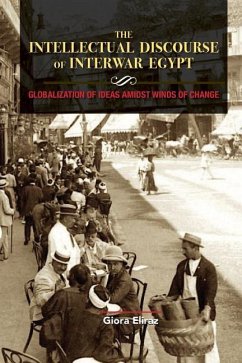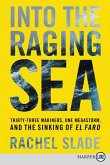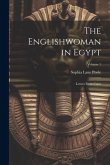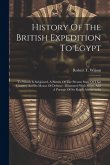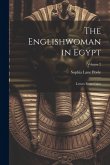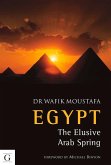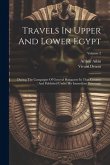At a time when the post-Arab Spring Middle East is permeated with political turmoil, extremism and violence, and the muses are not really heard, Dr. Giora Eliraz invites readers to join a refreshing intellectual journey back in time to the years of interwar Egypt. In his book, The Intellectual Discourse of Interwar Egypt: Globalization of Ideas Amidst Winds of Change, Dr. Eliraz sheds light on a fascinating, colourful chapter in the modern intellectual history of Egypt, a country that has been commonly known as a center of gravity for the Arab world. Indeed, interwar Egypt weathered political storms and severe social and economic problems, as well. Nevertheless, between the two World Wars, Egypt, and Cairo in particular, proved to be a vivid hub of creative intellectual discourse and productivity. This enriching intellectual discourse was largely sustained by the increase of modernization and Westernization that strongly challenged the entire traditional order, beliefs, concepts and values of the Egyptian society. The exuberant discourse of Egyptian intellectuals of the interwar period is examined in this book through several main themes. The first theme examines the challenge of navigating between tradition and change, or the "old" and the "new", with an emphasis on the imperative of setting up limits for cultural borrowing from the West. The second theme explores the debate on Women's status and their rights. The debate on this significant subject corresponds with a fast changing political, social and economic reality that enabled women of urban upper and middle-class some access to education and even triggered the emergence of certain feminist voices. The third theme is the debate on linguistic reform, sustained by strong winds of change that also challenged the competence of literary Arabic as medium of communication for modern life. The book's discussion of these three substantial themes also exposes the reader to the distinctive function played by interwar Egypt as an impressive "peripheral actor" within the arena of the early Western-oriented globalization of ideas. Moreover, examination of these themes also sheds light upon the function of Egypt of the interwar period as a significant, stimulus for a wider Islamic circle of early globalization of ideas, which even included far lands within the Islamic world, as manifested in the book by the intriguing case of the Malay-Indonesian world.
Hinweis: Dieser Artikel kann nur an eine deutsche Lieferadresse ausgeliefert werden.
Hinweis: Dieser Artikel kann nur an eine deutsche Lieferadresse ausgeliefert werden.

